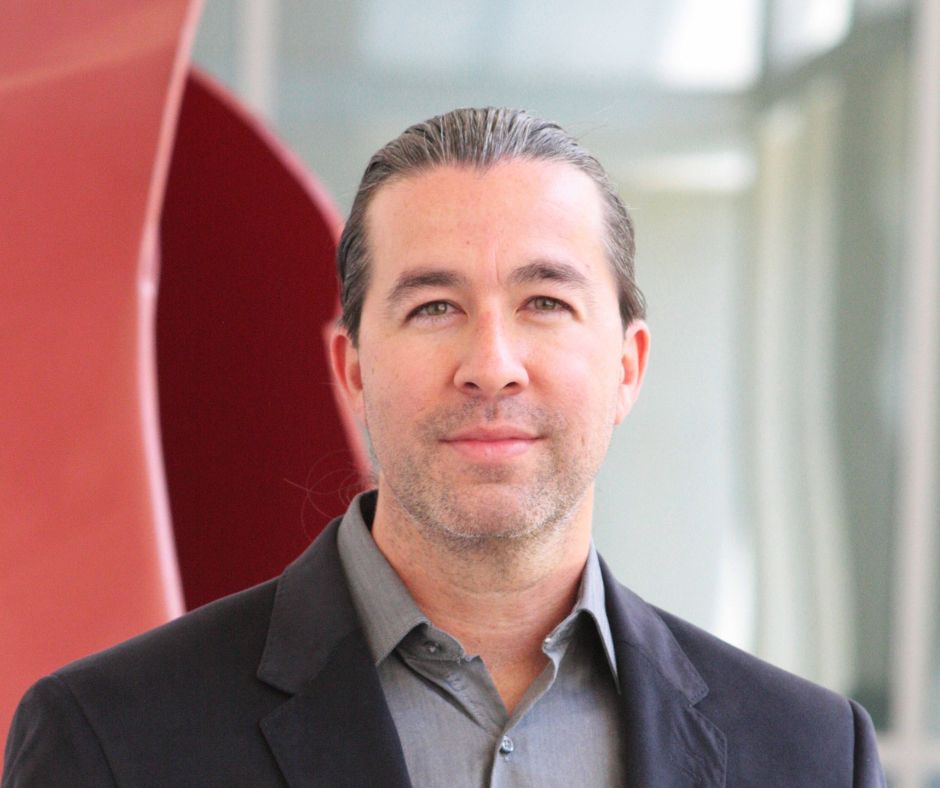Dr. Mark Lomax II’s drums echoed through the Moore Musical Arts Center for a sold-out audience on Jan. 19, for BGSU’s annual MLK keynote address.
Lomax, “is a critically acclaimed composer, recording artist, drummer, activist, and educator.” according to BGSU.edu. In Jan. 2019, he released 400: An Afrikan Epic which tells “the story of Afrikan diaspora through music.”
Lomax and his ensemble released 12 albums in one day, creating the 400: An Afrikan Epic. It is separated into three sections: pre-colonial Afrika, the Ma’afa and Afro-futurism, each with a vision of what Black people will do in the next 400 years.
“The first third talks about pre-colonial Afrikan history and it says for hundreds and thousands of years, we ruled ourselves, we were happy, we were healthy, we were whole, we understood science, we had notions of God, we built the pyramids and we built the sphinx,” Lomax explains this third as a celebration.
The second third is from 1619 to 2019, when the project was released. This period is, “considered Ma’afa it’s a Swahili term for Holocaust, great tragedy, but we’re still here, what does that mean, ” Lomax explained during his lecture.
And the final third, “says we determine what that means, we have that power as human beings to figure out what’s next and this is where King comes in. He says we need leaders not in love with money but in love with justice, not in love with publicity but in love with humanity.” Lomax said.
This project struck Lomax back in 2016, like a revelation. There were only three years until the 400th anniversary of the first enslaved Africans in North America.
“We’re not going to be here to see the 500 year anniversary of this occasion, where we were forcefully brought here… Our coming here in that way not only created a new group of people that we call black or African American, it changed the world because America could not and would not be what it is without us,” Lomax said.
Dr. Martin Luther King Jr.’s message was explained by Lomax as holistic and full of humanity, it is something he hopes to carry out through his music.
“I had to tell the story. I wanted to build something based on a very human story that hopefully calls humanity into a conversation, as opposed to calling them out and I’m charging us as human beings, to dig down and reach into our soul, and call upon the power that King called the soul force, to create the next 400 years that allows humanity to be happy, healthy and whole.”






















